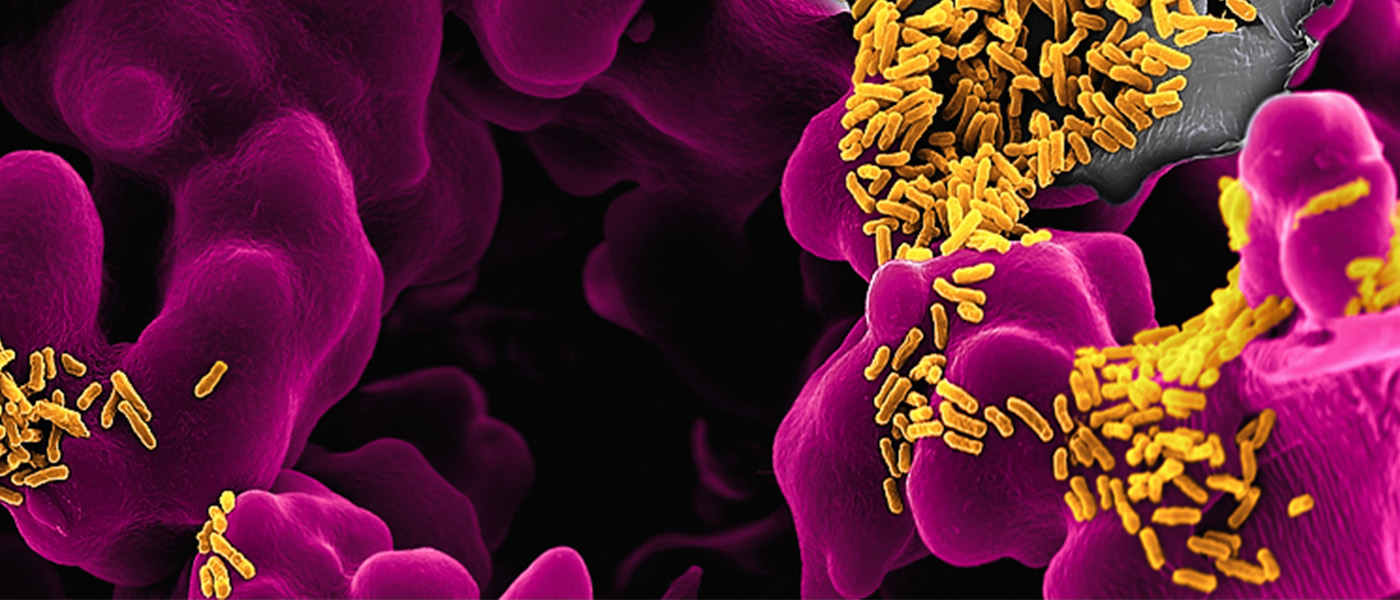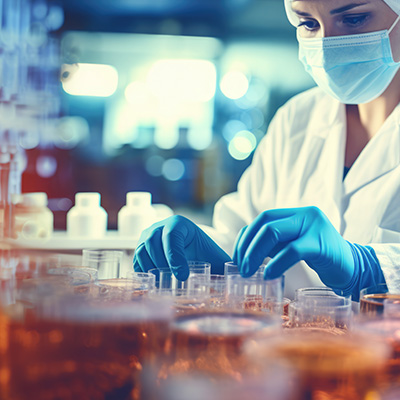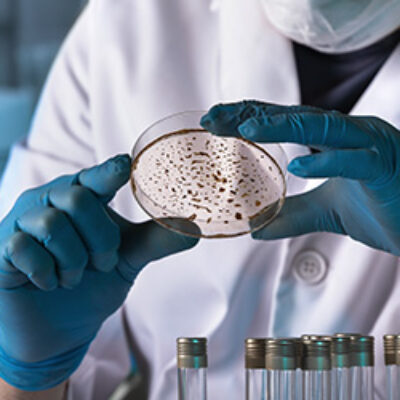Rising to meet the challenge of AMR by targeting in vivo pathogen behaviour
Antimicrobial resistance (AMR) is taking a significant toll on world health. Currently, AMR is directly attributable to over one million deaths every year, a figure estimated to rise to 10 million by 2050. The pipeline for new classes of antimicrobials has run dry for several decades, and urgently needs to be filled.
In the light of this situation, Professors Christoph Dehio, Urs Jenal, and Dirk Bumann, three internationally renowned infection biologists, decided to change how research into antibiotic-resistant pathogens was being done. With their work leading to fundamental insights into host-pathogen interaction and bacterial pathogen physiology, they were ideally positioned to transform antimicrobial research and discover new ways to address AMR.

Their vision was clear. They wanted to target bacterial vulnerabilities revealed in vivo in the human body, which have never successfully been systematically investigated by drug development programs using traditional laboratory conditions. Their ambitious plan included uniting a multi-disciplinary team across Switzerland to channel expertise across clinical and biological research and engineering, and to translate the in vivo data from human patients into human tissue-based targeted solutions for accelerating discoveries of innovative antimicrobials, such as novel antibiotic drug classes or phage therapy.
They compiled this plan for a paradigm shift in antibiotic research into a proposal submitted to the Swiss National Science Foundation, and in 2020, Phase 1 of the National Centre of Competence in Research AntiResist, began.
Since then, NCCR AntiResist has gone from strength to strength. With Prof. Dr. med. Nina Khanna joining the trio as Deputy Director in 2022, and now with 31 research groups across Switzerland and Israel, the collaborative science is starting to pay off. The consortium is now planning its next steps in Phase 2, which will take the results from human tissue-based infection studies to build screening platforms for new antimicrobials. Strong relationships are being forged with industry in anticipation of the results, which have the potential to transform antimicrobial research and development and lead the way in ending AMR.






